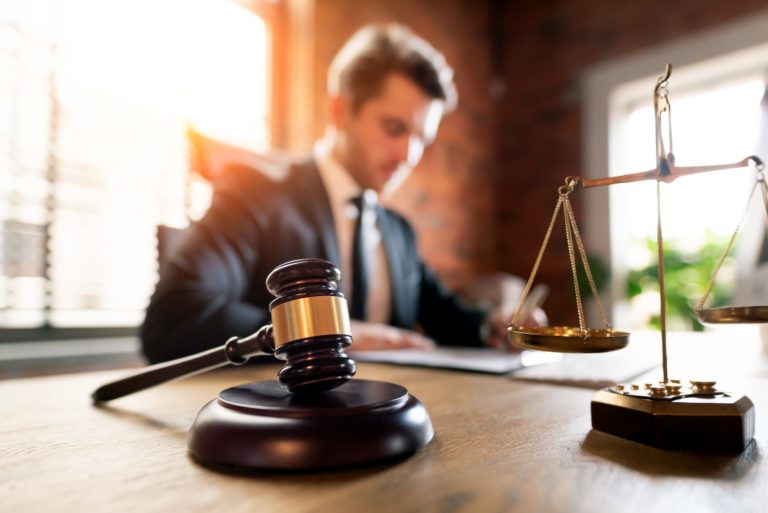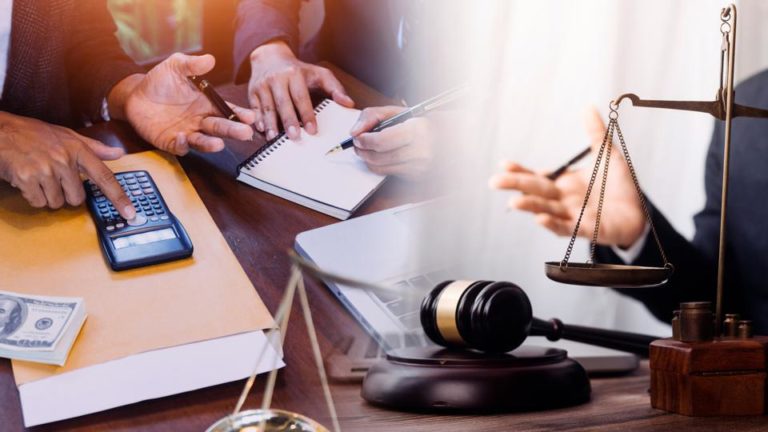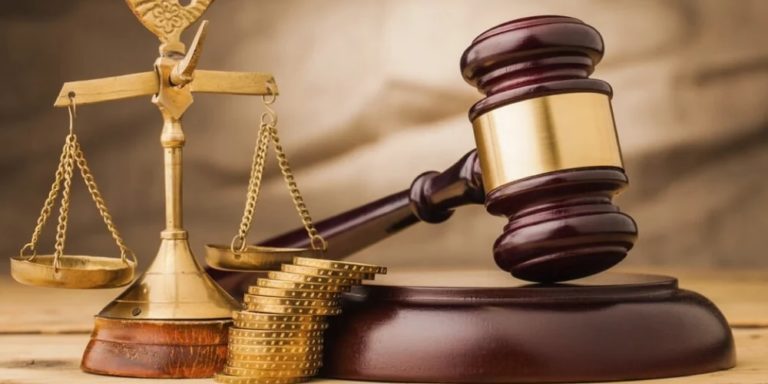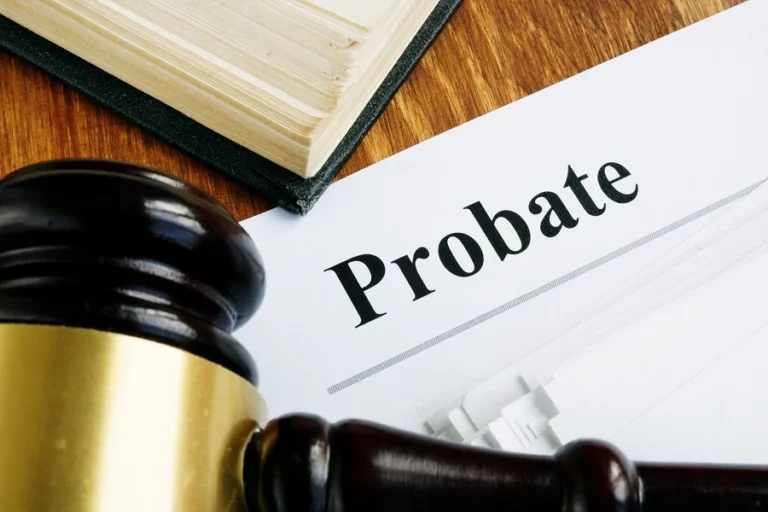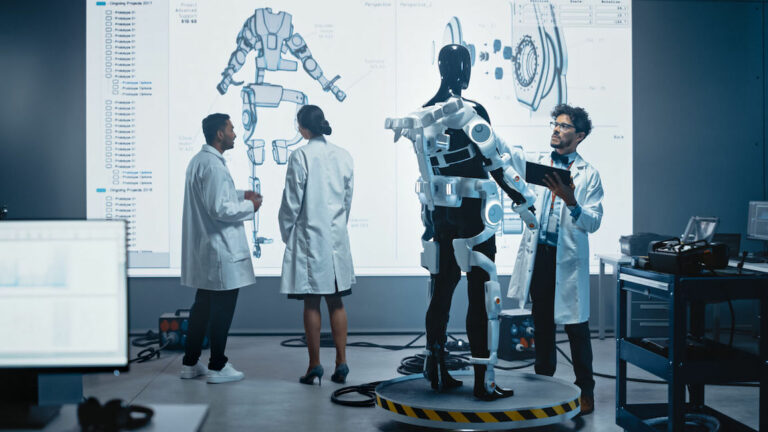Experiencing a car accident can be overwhelming, leaving you with physical injuries, emotional distress, and financial burdens. Navigating the aftermath requires careful handling to ensure your rights are protected and you receive fair compensation.
Engaging a lawyer after a car accident can be crucial to managing these challenges effectively. Here are five ways lawyers can help you after a car accident:
1. Providing Expert Legal Advice and Representation
One of the primary ways a lawyer can assist you after a car accident is by offering expert legal advice and representation. Understanding your rights and options can be difficult, especially when dealing with insurance companies or the legal system.
A lawyer specializing in car accident cases can explain your legal standing, guide you through the claims process, and represent you in negotiations or court proceedings.
A car accident lawyer will ensure that all necessary paperwork is correctly completed and submitted on time, preventing potential delays or denials of your claim.
2. Investigating the Accident and Gathering Evidence
To build a strong case, a lawyer can thoroughly investigate the accident and gather essential evidence. This includes reviewing police reports, obtaining witness statements, and analyzing medical records. They may work with accident reconstruction experts to determine the cause of the accident and establish liability.
By collecting and preserving evidence, a lawyer strengthens your position in negotiations or litigation. They use this evidence to demonstrate the extent of your injuries, the impact on your life, and the fault of the other party.
3. Negotiating with Insurance Companies
Insurance companies often aim to minimize payouts, which can result in settlement offers that are lower than what you deserve. A lawyer can negotiate with insurance companies on your behalf to ensure that you receive a fair settlement. They understand the tactics insurers use and can counter lowball offers by presenting a compelling case based on evidence and legal principles.
Lawyers can negotiate various aspects of your claim, including medical expenses, lost wages, property damage, and pain and suffering. They strive to maximize your compensation and ensure that the settlement covers all your accident-related costs.
4. Calculating and Pursuing Full Compensation
Determining the full extent of your damages after a car accident can be challenging. A lawyer can help accurately calculate your losses, considering both economic and non-economic damages. Economic damages include medical bills, rehabilitation costs, lost wages, and future earning capacity.
Non-economic damages cover pain and suffering, emotional distress, and loss of enjoyment of life. A personal injury lawyer will assess the long-term impact of your injuries on your life and work to pursue compensation that reflects all your losses.
5. Representing You in Court, if Necessary
If negotiations with the insurance company do not lead to a fair settlement, a lawyer can represent you in court. Taking your case to trial requires a thorough understanding of legal procedures and the ability to present evidence and arguments effectively.
Lawyers prepare your case by drafting legal documents, filing motions, and presenting evidence and testimony. They advocate for your rights in front of a judge or jury, aiming to secure a favorable verdict.






